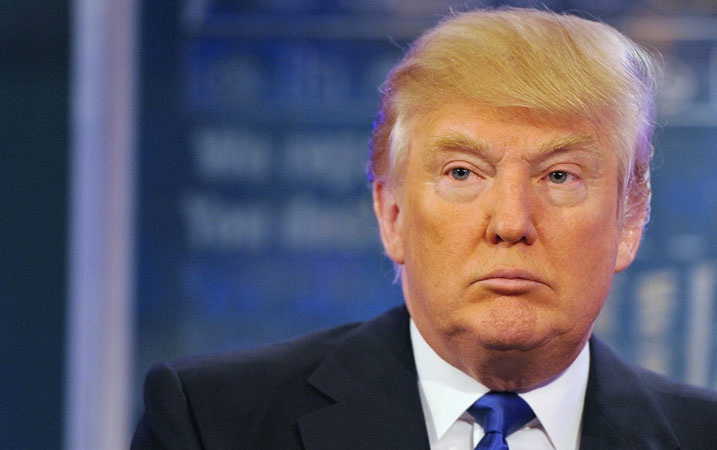Despite an epidemic of contrarian view of Trumpism, critics and authorities in Kabul regard President Donald Trump’s new Afghanistan policy – for enlarged military presence –unexpectedly effective. His decision to recommit the United States to the war in Afghanistan has produced unpredictable upsides – pitfalls have been cited though. Defense Ministry’s spokesman Radmanesh claims that Trump’s revised Afghan doctrine has helped with reinstating military co-ordination between Afghan and U.S. troops. Perks of the controversial American leader’s policy don’t stop there. According to Radmanesh, more soldiers have been recruited in the commando unit after the announcement of the U.S. strategy than before. The commando unit – which receives direct American support – is being expanded and furnished with modern ammunitionbecause of America’s largesse.
As it appears, there has been a benefit to Trump’s foreign policy unpredictability. Trump’s once rudderless policymaking for the country is surprisingly now a soft, wise and reciprocal policy and sustained recommitment to the conflict-stricken nation. It’s not hard to understand why once-cynical authorities are now cheerful that the addition of several thousand more U.S. and NATO troops is having an impact on the conflict’s trajectory. Some are even of the belief that political and military pressures on Pakistan seem to have increased ever since Trump threatened to do so as part of his new South Asian strategy. But that American pressure doesn’t have the intensity as a result of which Pakistan could forsake its tomfooleries.
While there is somewhat applause and optimism to White House policy towards Afghanistan, many have downplayed the impact of the strategy on the situation in Afghanistan, saying there had been little developments. There are, though, negative views regarding America’s longest war in Afghanistan. The civilian population is viewing the U.S. war on terror a quasi-effort and a blatant bloody fiasco; peace has almost been a wild goose chase and security crisis has not abated with Trump’s changing gear in Afghanistan. A is a manifestation to counter-productivity of Washington’s decision.
Afghanistan needs an authoritative and powerful central government. There is no doubt about it. A trajectory to the armed conflict is better governance in the Afghan administration. While Trump’s decision for a prolonged and enlarged U.S. military presence is wise, his approach contains a critical and fundamental flaw – the downgraded importance of governance in Afghanistan. Trump’s strategy needs to be accompanied with sustained emphasis on governance. To subdue the current spasm of militancy and steer the country out of crisis is unlikely unless Washington starts explicitly insisting on better governance in Afghanistan. An intense U.S. political engagement could ensure a minimized spate of corruption, a downsized Pakistani meddling and political sabotage.
 Afghanistan Times
Afghanistan Times




